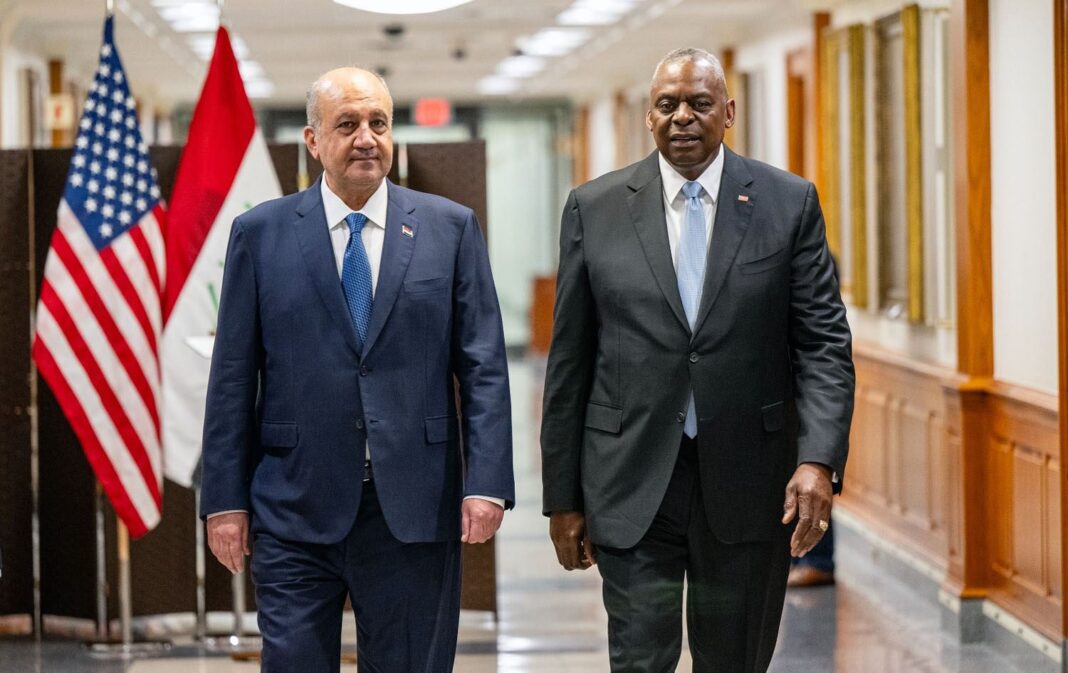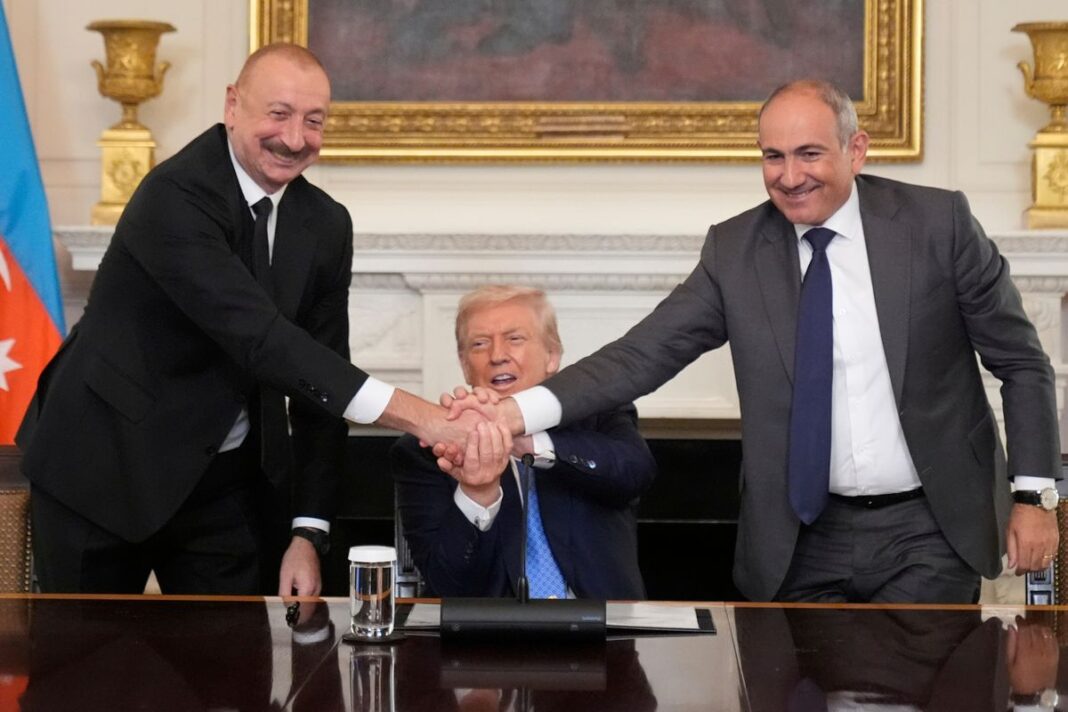U.S. Representative Joe Willson has delivered a direct warning to both Iraq and Tunisia. Speaking out forcefully, he questioned whether the two nations deserve future U.S. aid. He argued that financial support should match a country’s loyalty to Washington.
In a bold message posted on X (formerly Twitter), Willson expressed frustration. He wrote, “If Iraq and Tunisia think that President Trump will continue throwing money at them while they hate us, they are either crazy or think President Trump is stupid.” His statement sparked immediate reactions online and in Washington.
This comment comes amid a growing debate over American foreign aid. Some lawmakers now push to link assistance directly to foreign support for U.S. interests. Willson’s remarks clearly align with that view. He signals that future U.S. aid may depend on political attitudes, not just needs.
Iraq has long received major assistance from the United States. Since the fall of Saddam Hussein, Washington has provided training, weapons, and financial support. That help continued through the fight against ISIS. Tunisia also benefits from U.S. aid. Since the Arab Spring, the country has received support for democracy, security, and development.
However, tensions have grown in recent years. Both nations have sometimes opposed U.S. policies in the region. Internal political shifts have also raised concern among U.S. lawmakers. Willson appears ready to make future U.S. aid conditional on diplomatic behavior.
Some analysts agree with this tougher approach. They argue that taxpayer money should go only to allies. Others warn that cutting support could backfire. It might weaken fragile governments and hurt U.S. influence in key regions.
Despite differing opinions, one thing is clear. Willson’s statement has opened a new chapter in the aid debate. As the Trump administration takes shape again, expectations are shifting. Foreign governments may now face a simple choice: cooperate with the U.S., or risk losing vital funding.
In conclusion, future U.S. aid is no longer guaranteed. The message from Washington is clear—friendship matters, and so does loyalty.



